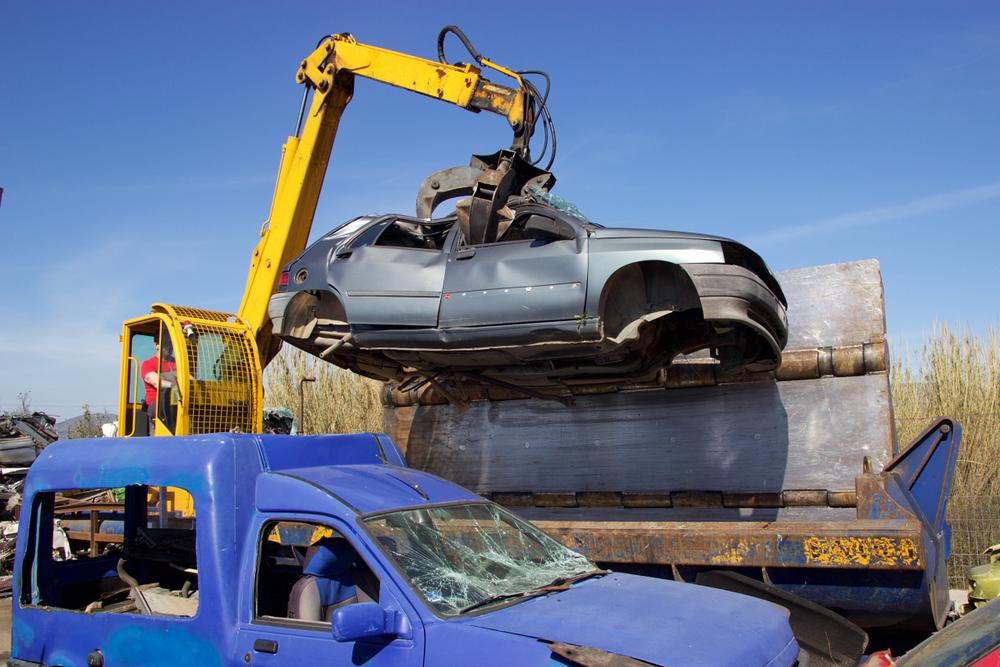When most people think about the value of an old car, they picture the metal body, the wheels, or maybe the engine. But hidden beneath the car is a component that has become one of the most valuable parts of the scrap industry, the catalytic converter.
This small device, designed to reduce harmful emissions, has grown into a billion-dollar market of its own. For vehicle owners considering cash for cars Sydney services or scrap car sellers across Australia, understanding how catalytic converters are priced, verified, and regulated can make a big difference in the payout they receive.
What Is a Catalytic Converter?
A catalytic converter is part of a car’s exhaust system. Its main job is to turn harmful gases like carbon monoxide and nitrogen oxides into safer emissions before they leave the tailpipe.
What makes it valuable, however, is not just its function but the metals inside. Catalytic converters contain rare and precious metals like platinum, palladium, and rhodium, all of which are in high demand for industrial use.
This is why even an old, non-running car can still fetch good money through cash for scrap cars services, the converter inside may be worth hundreds or even thousands of dollars.
How Pricing Works
The value of a catalytic converter depends on several factors:
-
Metal Content – Different models of cars have different converter designs. Some contain more precious metals, which directly increases value.
-
Car Make & Model – A converter from a luxury or hybrid vehicle often carries more value than one from a basic sedan.
-
Global Metal Prices – Prices for platinum, palladium, and rhodium fluctuate daily in the global market. When these go up, converter prices rise too.
-
Condition – Even used converters can be recycled, but those in better condition may attract higher offers.
For sellers using cash for cars Sydney services, this means the final price is not random—it’s closely linked to global markets and specific vehicle types.
Verification: Protecting Against Fraud
Because catalytic converters are so valuable, they’ve also become targets for theft. In recent years, there’s been a spike in stolen converters, as thieves cut them out of parked cars to sell on the black market. To combat this, legitimate recycling and cash for cars companies now follow strict verification processes:
-
ID Checks – Sellers may need to show identification to prove ownership.
-
Vehicle Records – Some yards record vehicle registration details before accepting the converter.
-
Marking Systems – Authorities are encouraging etching or marking converters to track stolen parts.
For car owners, this means that dealing with trusted cash for scrap cars services is safer and ensures compliance with the law.
Regulations Shaping the Market
Governments around the world, including Australia, are tightening rules on the sale and recycling of catalytic converters. These regulations aim to:
-
Reduce Theft – By making it harder to sell stolen converters without proof of ownership.
-
Ensure Proper Recycling – Handling precious metals safely and reducing environmental harm.
-
Create Transparency – Requiring records of transactions to ensure fair trade practices.
In cities like Sydney, licensed cash for cars businesses are already working under these frameworks. For sellers, it means peace of mind knowing they’re part of a legal and transparent system.
Why It Matters for Vehicle Owners
For anyone thinking about selling their old or damaged vehicle, the catalytic converter could be the key to unlocking extra cash. Even if the car doesn’t run, services like cash for cars Sydney or other cash for scrap cars programs will pay well because of the converter inside.
This also means owners should be cautious: removing or trying to sell the converter separately without proper verification could cause legal issues. The smarter move is to work with established car removal or scrap services that handle everything professionally.
The Bigger Market Picture
The global demand for catalytic converters is not slowing down. With stricter emission rules worldwide, more vehicles require high-quality converters. Meanwhile, limited mining of platinum and rhodium makes recycling existing converters even more important. This creates a cycle:
-
Car owners sell old vehicles through cash for cars.
-
Recyclers extract precious metals from converters.
-
Those metals are reused in new converters or other industries.
It’s a win-win for the environment and the economy.
Conclusion
The catalytic converter might be out of sight under your car, but it shouldn’t be out of mind when considering its value. Understanding how pricing is determined, why verification is necessary, and how regulations protect both sellers and buyers can help you make smarter decisions.
Whether you’re working with cash for cars Sydney, selling to a local dealer, or using cash for scrap cars services, knowing the true worth of your catalytic converter ensures you get a fair deal.
What seems like just another car part could actually be the most valuable piece of your old vehicle, turning scrap into significant cash while also supporting responsible recycling.



